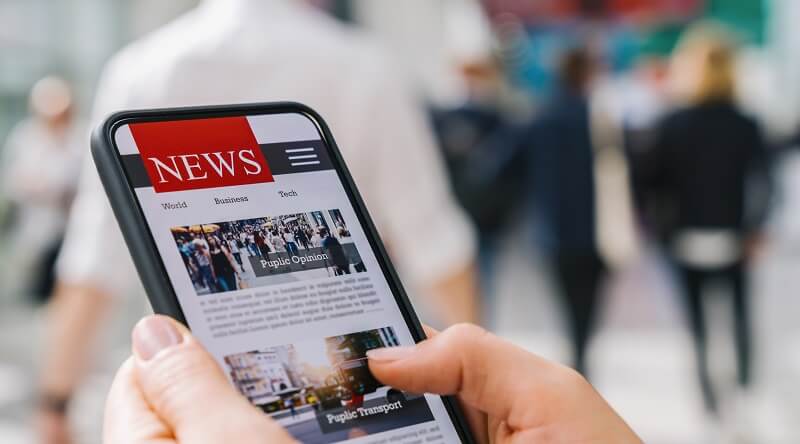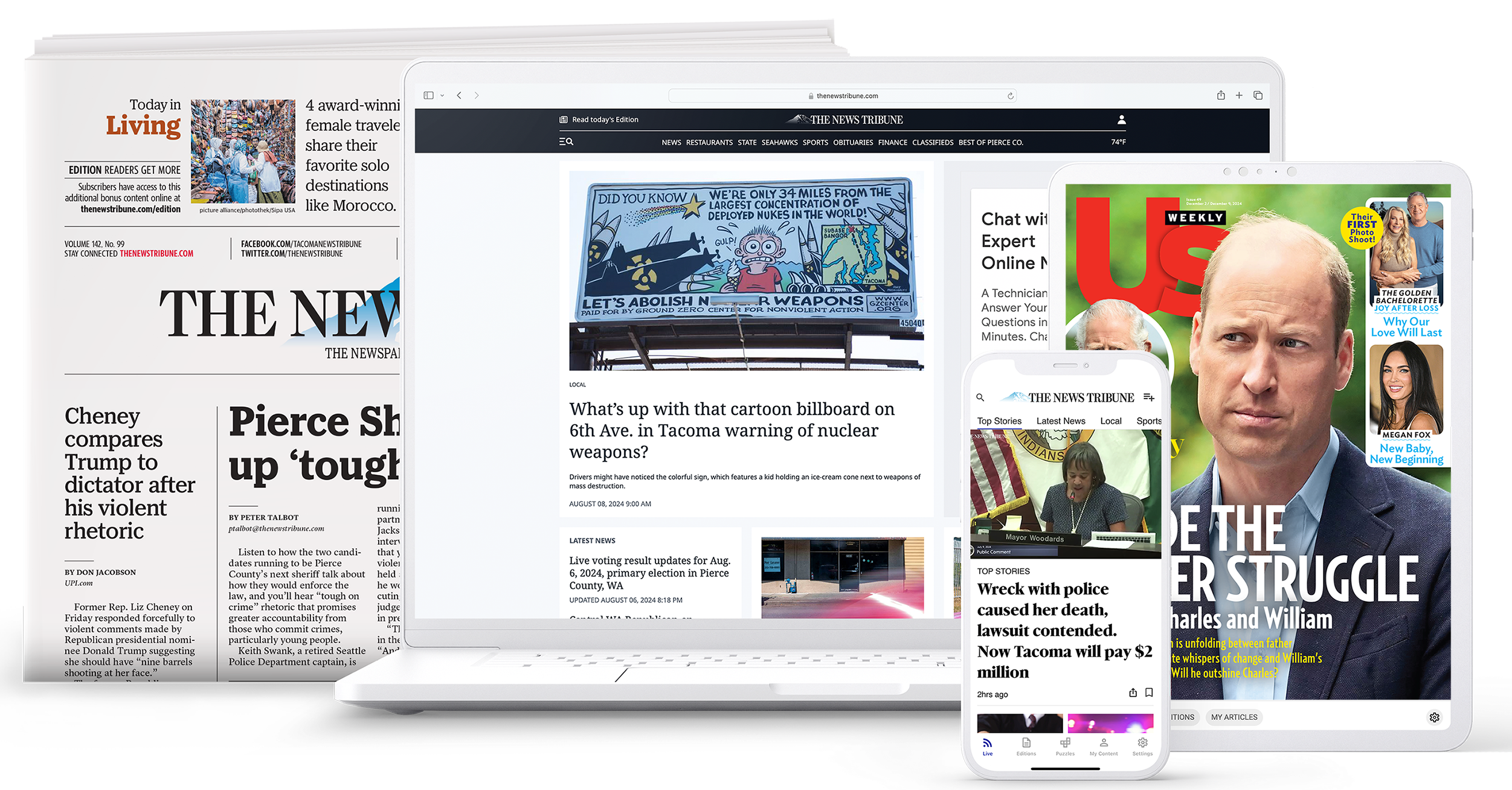How to Spot Credible Stories on stnews.live
Wiki Article
The Significance of Fact-Checking worldwide of News Online
The frequency of false information in today's online news landscape has actually gotten to alarming degrees. Fact-checking organizations play a crucial role in combating this fad. They confirm cases and enhance the reliability of journalism. The efficiency of these organizations typically pivots on their methodologies and public assumption. As target markets navigate this complex atmosphere, the ramifications of their findings may form the future of news consumption and trust fund. What does this mean for the integrity of information moving on?
The Surge of False Information in the Digital Age
Just how has the development of digital technology contributed to the spread of false information? The quick development of the internet and social media systems has actually promoted the dissemination of information at an unprecedented speed. Users can share short articles, videos, and viewpoints with a simple click, often without confirming the content's precision. Algorithms focus on spectacular or mentally charged material, leading to a spreading of deceptive stories that record focus.Additionally, the privacy paid for by digital platforms enables people to spread incorrect information without responsibility (stnews.live). False information flourishes in resemble chambers, where individuals are revealed mainly to viewpoints that strengthen their ideas, even more setting falsehoods. The saturation of details can bewilder users, making it challenging to recognize legitimate resources from unreliable ones. As a result, false information has become a pervasive problem in the electronic landscape, influencing popular opinion and trust fund in genuine news resources
The Role of Fact-Checking Organizations
Fact-checking companies play a necessary function in enhancing the reliability of journalism by verifying insurance claims made in news records. Their initiatives are vital in combating misinformation, ensuring that accurate info prevails in the digital landscape. By holding media outlets accountable, these companies add substantially to informed public discourse.Enhancing Credibility in Journalism
While false information proliferates in the digital age, fact-checking companies play an important function in improving the credibility of journalism. These organizations diligently verify claims made in news posts, public declarations, and social networks articles, making sure that info distributed to the general public is accurate and trustworthy. By supplying independent assessments, they act as an essential source for reporters, assisting them keep high criteria of stability. Furthermore, their efforts advertise openness in media, fostering public trust. As audiences become significantly discerning, the existence of credible fact-checking entities can distinguish trusted news sources from those that might spread fallacies. Eventually, the dedication of fact-checking organizations to copyright reliability is essential for the health of democratic discussion.Combating Misinformation Properly
As misinformation continues to spread out swiftly throughout digital platforms, the role of fact-checking companies ends up being increasingly critical in the battle for precise info. These organizations function as guard dogs, looking at insurance claims made by public numbers and media outlets to guarantee responsibility. By employing strenuous study techniques and specialist evaluation, they validate truths and clear up deceptive stories. Their searchings for are distributed with various channels, enlightening the public and fostering crucial reasoning. On top of that, partnerships with social media platforms enhance their reach, permitting punctual flagging of false information. As electronic literacy grows, the influence of fact-checking companies is crucial in empowering target markets to determine reality from fraud, inevitably adding to a more informed culture.Exactly How False Information Affects Public Understanding
False information greatly weakens count on media, leading target markets to doubt the reliability of news sources. Therefore, individuals often gravitate in the direction of electrical outlets that reinforce their present ideas, adding to the polarization of opinions. This dynamic creates a fragmented information landscape, where shared recognizing becomes significantly challenging to accomplish.Trust fund in Media

Count on in media has actually ended up being increasingly breakable in the electronic age, where the fast spread of false info can skew public understanding. As misinformation proliferates across social media sites and on the internet platforms, audiences usually find it challenging to discern reliable resources from unreliable ones. This uncertainty cultivates hesitation, leading many people to examine the objectives behind news coverage. Consequently, trust in developed media electrical outlets has actually decreased, as consumers progressively transform to alternate resources that might do not have extensive editorial requirements. This disintegration of depend on not only influences specific ideas yet also weakens the collective capacity to engage in notified conversations. Eventually, the integrity of journalism goes to stake, highlighting the crucial requirement for reliable fact-checking to recover confidence in the media landscape.

Polarization of Point of views
The boosting apprehension toward standard media has added to a growing polarization of viewpoints amongst the general public. False information, often shared with social networks and on-line platforms, plays a considerable duty fit unique ideological divides. Individuals often choose details that lines up with their pre-existing ideas, reinforcing their viewpoints while disregarding opposing viewpoints. This echo chamber result heightens departments, resulting in a fragmented public discussion where consensus becomes progressively elusive. In addition, sensationalized narratives grow in this environment, further skewing public assumption and promoting wonder about in legitimate resources. As polarization escalates, the necessity for efficient fact-checking ends up being extremely important to link gaps and promote informed discussions, ultimately guaranteeing an extra cohesive culture with the ability of navigating complex issues.Strategies for Effective Fact-Checking
Effective fact-checking relies upon a systematic technique that includes comprehensive research, confirmation of sources, and critical evaluation of cases. A foundational strategy is cross-referencing information from multiple credible resources to confirm its precision. Fact-checkers usually make use of specialized data sources and archives to trace the origin of certain declarations, ensuring that the reported information lines up with recorded proof.Another important technique entails scrutinizing the context in which cases exist. Deceptive information can arise from out-of-context quotes or discerning data use. By examining the more comprehensive narrative, fact-checkers can identify possible predispositions or misconceptions.
Engaging with specialists in pertinent areas can give clarity and insight that improves the fact-checking process. This collaboration can reveal subtleties that laypeople might ignore - stnews.live. Inevitably, a self-displined technique combining these strategies cultivates an extra informed public, boosting the reliability of information distributed in the digital age
The Effect of Social Network on News Usage
Just how has social media sites changed the means people eat news? The emergence of systems like Facebook, Twitter, and Instagram has especially transformed news usage patterns. News is now shared quickly, enabling individuals to gain access to real-time updates and engage with web content via likes, shares, and comments. This immediacy has promoted a choice for bite-sized webpage info, commonly at the expenditure of comprehensive evaluation.Social media makes it possible for individualized news feeds, where algorithms curate content based on user preferences, developing echo chambers that may limit exposure to diverse point of views. The function of traditional news outlets has diminished as individuals significantly count on peer referrals and trending topics. The trustworthiness of information is frequently compromised, as sensationalism can eclipse valid reporting. Generally, social media has improved news usage, emphasizing rate and personalization while testing the criteria of journalistic honesty.
Empowering Audiences to Determine Reputable Sources

Furthermore, analyzing the authorship and business background of news articles can reveal prospective predispositions. Cross-referencing info across numerous trustworthy electrical outlets additionally improves the confirmation process. Utilizing electronic tools, such as internet browser expansions that rank the reputation of sites, can likewise assist in recognizing credible info. By proactively engaging with these resources and growing a crucial state of mind, target markets can better outfit themselves to determine dependable news resources, eventually fostering an extra enlightened culture amidst the complexities of today's media environment.
The Future of Journalism and Fact-Checking
As the media landscape develops, the future of journalism and fact-checking encounters both challenges and chances. The rise of digital systems has actually equalized information circulation, permitting varied voices to emerge. However, this has likewise led to the proliferation of misinformation, requiring robust fact-checking mechanisms. Journalists will increasingly count on technology, consisting of AI devices, to verify facts rapidly and successfully.Cooperation between wire service and fact-checking entities is expected to enhance reliability and openness. Target market involvement will certainly play an essential function, as informed visitors end up being substantial partners in identifying trustworthy material.
The demand for responsibility and accuracy is likely to grow, pushing journalists to support high requirements in their coverage. Inevitably, the future of journalism might depend upon its capability to adjust to technological developments while maintaining journalistic honesty, guaranteeing that fact-checking remains a cornerstone of qualified news.
Often Asked Inquiries
Exactly How Can I Report False Information I Encounter Online?
To report misinformation run into online, people can make use of platform-specific reporting tools, offer clear evidence, and share the details with fact-checking companies. Engaging with community conversations can also help click over here increase recognition concerning the misinformation.What Prevail Indications of False Information in News Articles?
Usual indicators of misinformation in newspaper article include marvelous headlines, lack of reliable sources, emotional language, irregular facts, and lack of writer qualifications. Visitors must seriously review web content for these indications to recognize accuracy.How Do Fact-Checkers Validate Sources?
Fact-checkers confirm sources by cross-referencing info with qualified data sources, getting in touch with experts, and examining the initial context of insurance claims. They also assess the reliability of the sources, making certain accurate and trustworthy information for public usage.What Legal Activities Can Be Taken Versus Misinformation?
Lawful actions versus false information may include disparagement legal actions, cease-and-desist orders, and regulative fines. Victims can seek remedy via civil courts, while some territories enforce fines or permissions on systems sharing incorrect info.Are There Apps for Fact-Checking News On-The-Go?
Countless applications exist for fact-checking news on-the-go, go to my blog consisting of Snopes, FactCheck.org, and PolitiFact. These applications aid customers validate claims promptly, promoting educated decision-making and promoting a more discerning approach to consuming news in real-time.Report this wiki page